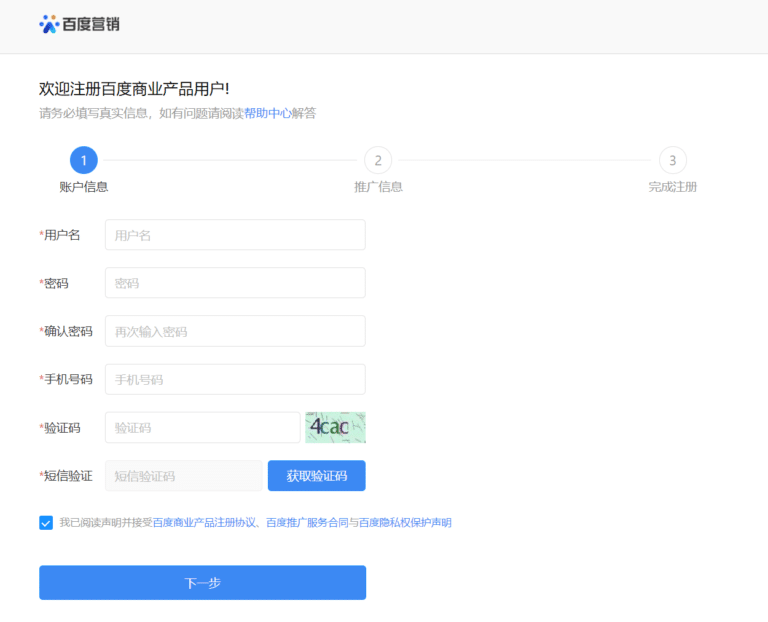Join
"The Marketing Mixtape"
Get the latest digital marketing insights straight to your inbox.
Part Two: Setting up a successful campaign

China’s economy is growing fast and the market for online advertising is enormous and rife with opportunities. That said, there is no opportunity that does not come with its fair share of challenges. In the first part of this article, we addressed one of the main questions for anyone looking to advertise online in China: how do I reach my customers? In this second part of our introduction to China’s unique digital market, we cover some of the hurdles you will need to overcome if you want to set up shop behind the “Great Firewall.”
Online advertising in China takes place through a number of key ad platforms, and you need to understand the intricacies of the ecosystem if you want to be accurate in your advertising choices. Some of the major advertising platforms you will want to choose from are: WeChat, Weibo, Baidu, and Douyin. The market is always evolving, and fast, and it’s important therefore to understand the dynamics of each platform.
Unlike Google Ads’ 3-click set-up, Chinese ad platforms require submission of documentation that may include such details as company address, direct contact information, and business license. In order to establish a presence on the market, you will also need either a local office or a partnership with a local reseller.
As an example, in order to start a Baidu advertising account you will need to go through and pass a series of steps, each of which takes several days to complete. The process varies depending on the industry you are in. These steps may include:

Every regulatory environment has its legislation to navigate, but China’s is particularly thorny, if only for the market’s competitiveness, and the severity of the fines imposed for non-compliance. Whereas Google or Facebook have largely automated their approval process which rarely exceeds one or two days, getting your Chinese ads approved is another story. Industry-specific requirements are strictly enforced and approval processes for online ads are more time-consuming than their Western counterparts.
Some industries in particular require extensive documentation to be submitted alongside any sales pitch. Some of the highly regulated industries are: pharmaceutical and medical, health and food supplements; education, and real estate—but there are others. Anyone wanting to sell, and advertise, alcohol, for example, will have to submit the following certification:
Setting up your Chinese website may not be as easy as simply translating the website you already have. It is highly advisable to create a new website specifically for the Chinese market and to host it in the country. Due to the nature of China’s digital environment, local web hosting comes with a number of significant advantages, such as:
If you are serious about establishing your digital marketing presence in China, then you will need to obtain what is called an Internet Content Provider (ICP) license. ICP licenses are permits required by law for all websites hosted China, including all e-commerce websites. They can be obtained at the level of the province and the process may take anywhere from three to six weeks if all the requirements are met.
As the potential hurdles we’ve gone over here will attest to, there are a number of technical, legal, and social differences that need to be taken into account in order to successfully enter the online advertising space in China and carve out a place in this growing market.
From the early-stage creative and planning phases to the selection of the right ad platforms, from a fact-based understanding of typical customer journeys to the development of a pertinent, culturally-sensitive website, and the implementation of an effective tracking and analytics strategy—digital marketing in China is a whole new ballgame, another kettle of fish, pick your metaphor. Companies and brands that simply transpose their normal strategies without adapting to the Chinese environment and its particularities will quickly run into roadblocks and risk ruining their chances.
Whether it is formulating a media strategy to reach Chinese audiences on the right platforms at the right time, or better understanding the consumer journey of a specific target audience, or any other aspect of online advertising in China, we at comtogether have a dedicated team of knowledgeable professionals on location who can help you meet your business objectives, whatever these may be. Don’t hesitate to get in touch!
Get the latest digital marketing insights straight to your inbox.
